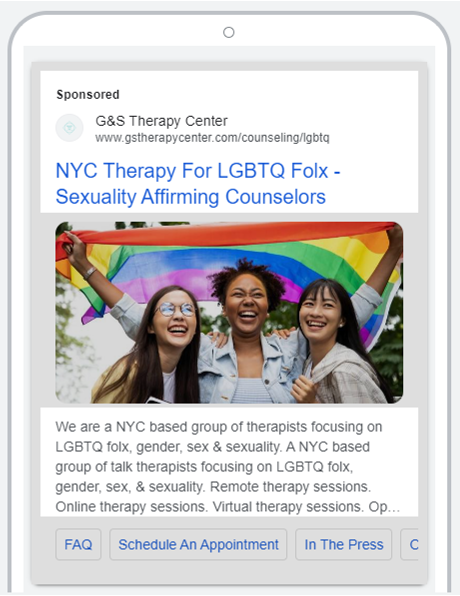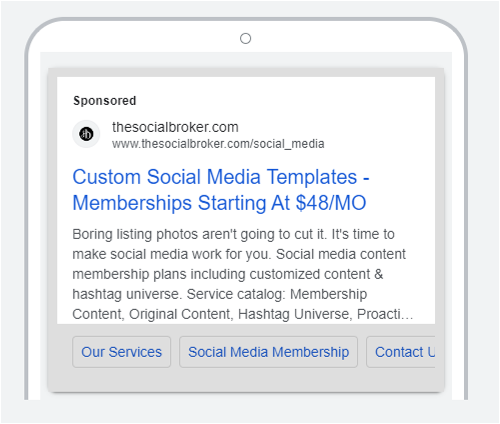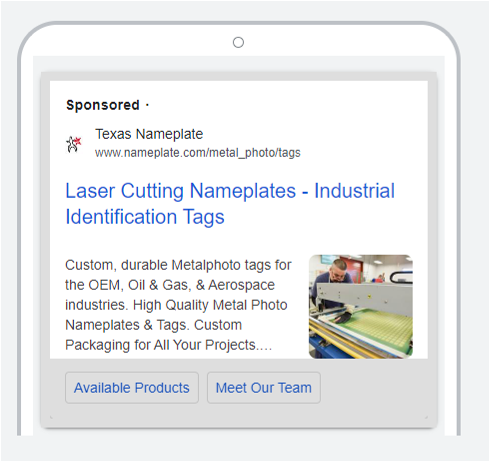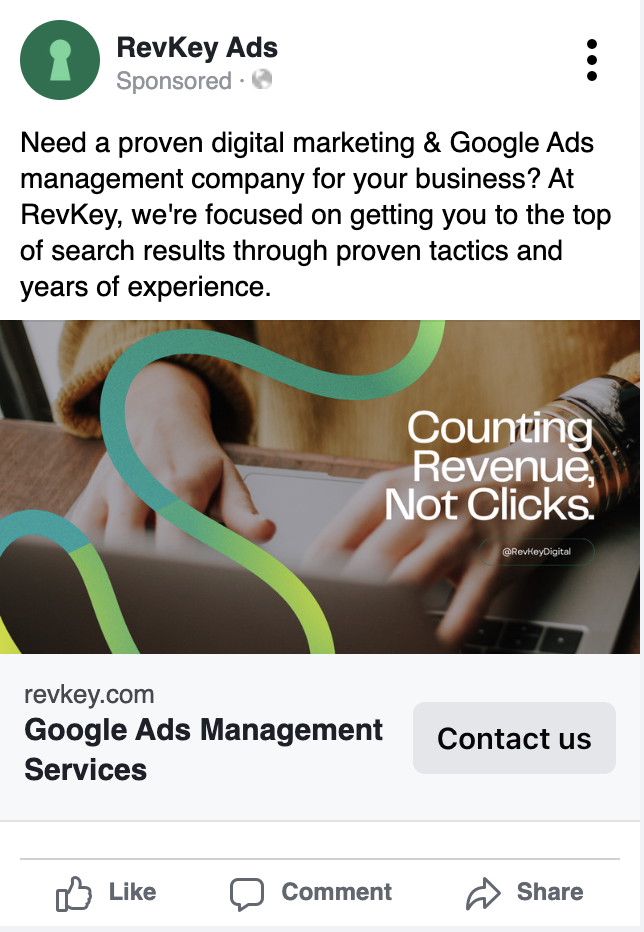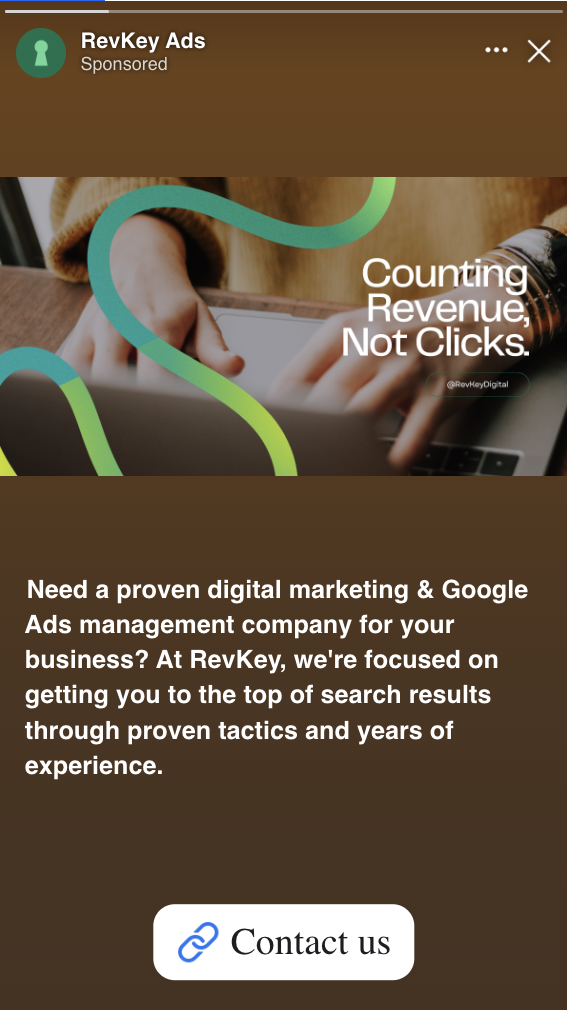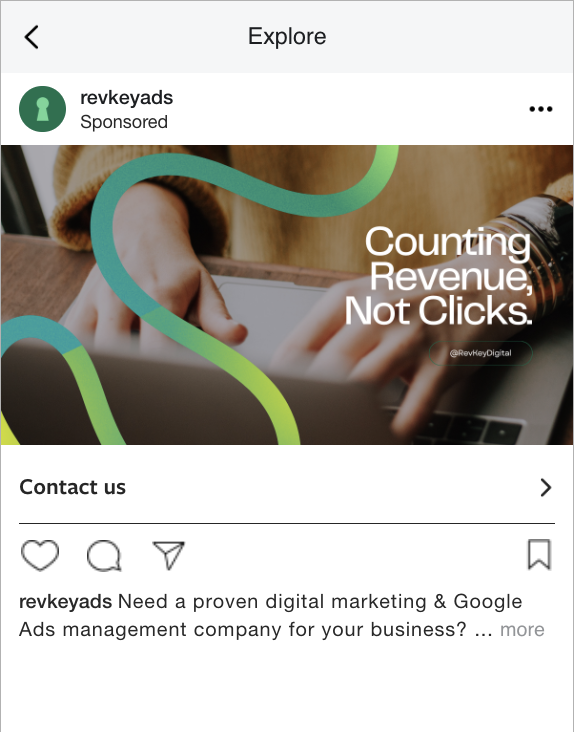Google Ads vs Facebook Ads
The foundation for any business is typically organic growth and word of mouth. However, paid advertising can be key for actually bringing in revenue and scaling up. There is no shortage of e-commerce companies to choose from for online advertising, but the decision may come down to the industry leaders: Google and Facebook, how do you know which is the best for your business goals?
In this article, we’ll help you answer that question by giving you insight into both ad platforms.
What are Google Ads?
Google Ads, formerly known as Google AdWords, is the world’s largest and most popular pay-per-click (PPC) advertising platform. It is so widely used, that it has become synonymous with the term “paid search.” These PPC ads appear on Google searches, the Google Display Network—a group of more than two million websites—and Google properties such as Gmail and YouTube.
How do they work?
Paid search focuses on the targeting of keywords and the use of text-based advertisements. Advertisers using Google bid on keywords – specific words and phrases included in search queries entered by Google users – in the hopes that their ads will be displayed alongside search results for these queries. Each time a user clicks on an ad, the advertiser is charged a certain amount of money, hence the name “pay-per-click advertising.” PPC bidding and bid optimization is a complex topic, but essentially, users are paying for the potential to find new customers based on the keywords and search terms they enter into Google.
Google’s advertising offerings are split across two primary networks – the Search network, and the Display network. The Search network encompasses the entirety of Google as a search engine, and advertisers can bid on millions of keywords and phrases to target prospective customers.
The Google Display Network, which offers advertisers more visual ads such as banners, spans approximately 98% of the World Wide Web, making it a great choice for advertisers who want to accomplish marketing goals that aren’t necessarily as conversion-driven as those of PPC ads, such as raising brand awareness on a large scale using banner ads.
Benefits of using Google Ads
Google Ads offers a variety of targeting options and ad formats, each with its own unique benefits, but its two greatest strengths are:
Extensive reach. No matter your target audience, you will likely reach them with Google Ads. Google processes more than 40,000 search queries every second, making up 92% of all search network activity and showing search ads at the top of results. Plus, Google display ads run on the Google Display Network, which reaches more than 90% of the world’s internet users—increasing the chances of a casual browser becoming a potential customer.
Attracting a high purchase intent audience. Google Ads match advertisers to people who search for keywords that are relevant to your business. So, those who click on Google search ads often do so intending to learn more or even buy a product. (This is called having a high “purchase intent.”) For example, imagine winter is approaching, and you find your kid has outgrown last year’s puffer coat. You might Google “winter coats for kids,” click on a Google Ad, and purchase on the spot.
What are Facebook Ads?
Facebook Ads are targeted social ads that appear across Meta properties including Facebook and Instagram. These ads can include images, carousels (a series of swipeable images), and videos that appear in main feeds, Stories, or Reels on Facebook and Instagram.
How do Facebook Ads work?
Facebook ads show up in social media users’ feeds as they browse Meta apps, including Facebook and Instagram. The ads appear much like regular posts but have the word “Sponsored” below the profile name when advertisers pay to appear in your feed. Facebook advertising offers advanced targeting options so advertisers can find their target audience based on both demographics—age, gender, location, family status, and household income—and user interests and behavior, including friends, pages interacting with, and other clicked ads.
Facebook Ads offers both PPC campaigns and pay-per-impression (PPM) campaigns, where advertisers are charged per 1,000 impressions.
Benefits of using Facebook Ads
Compared to Google Ads, Facebook ads is fairly new but they’ve been refining and improving their advertising solution since launching the feature. Today, Facebook Ads is a pioneer in the sphere of paid social and has become a central part of many businesses’ digital marketing strategies.
Similar to Google, Facebook boasts a truly vast global audience. With more than 1.55 BILLION monthly active users – more than one-fifth of the entire world’s population, and that’s not counting inactive or infrequently used accounts – Facebook has no rival when it comes to the enormity of its audience.
Visually captures its audience. The very best Facebook ads blend in seamlessly with the videos, images, and other visual content in users’ News Feeds, and this enables advertisers to leverage not only the strongly persuasive qualities of visual ads but to do so in a way that conveys the aspirational messaging that makes high-quality ads so compelling.
Let’s Compare
Which online advertising platform is better for your business’s needs? While they offer some similar benefits, you must consider the distinctions when deciding how to spend your ad budget. Here’s how Google Ads and Facebook Ads compare:
Which should you be using?
Both Google Ads and Facebook Ads are incredibly powerful advertising platforms that cater to virtually every type of business. When evaluating each solution’s strengths and potential applications, it’s also apparent that the two platforms should be viewed in a complementary, rather than adversarial, way. Some people insist on comparing Facebook Ads to the Google Display Network, and while the two platforms share some similarities, how the two platforms have evolved independently of one another shows that Google and Facebook should be used in harmony, not in opposition.
Harnessing the power of both paid search and paid social is a remarkably effective advertising strategy.
However, it necessitates a dual advertising strategy that aligns with the strengths of each respective platform. Although marketing messaging can – and arguably should – remain consistent across both Google and Facebook Ads, it’s vital to understand how best to use each platform for maximum ROI and greater business growth.
That’s where we come in, as Digital Marketing Experts we can make sure your digital ads are consistent, effective, and in line with your business goals.
Contact us today to learn more about how we can leverage the power of digital advertising to help your business.




